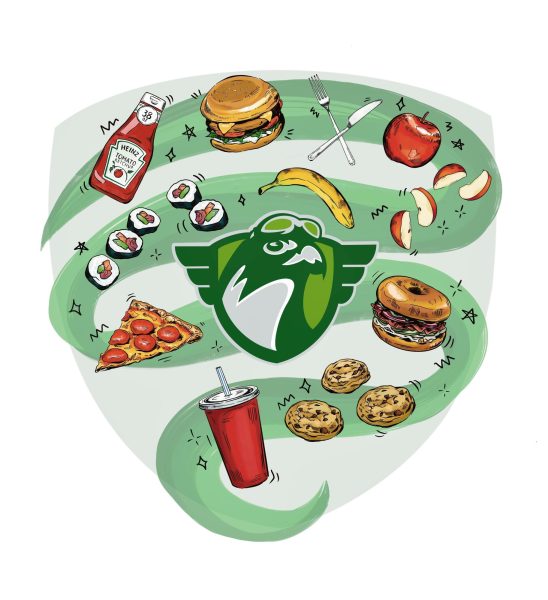Is gossip a healthy vice?
We all gossip. It’s a basic human vice: sharing information, speculating about friends and family, and expressing concern about peers makes us feel connected to each other. The average person gossips for 52 minutes a day, and studies show that, surprisingly, much of the time we spend gossiping is practicing a common social skill, and can even be a uniting force in our society.

So how does gossip claim so much of our day? A lot of people don’t understand that gossip extends past its cliched (and often misogynistic) definition. It doesn’t just occur when a group of mean girls swap rumors about frenemies, their latest crushes, or align behind other shallow and negative portrayals. We’ve all seen that infamous Mean Girls phone call when four girlfriends continually place each other on hold and spread poisonous rumors behind each other’s backs. Many of us have probably been in a conversation somewhat similar to this one, but gossip isn’t just spreading rumors or criticizing others – it plays an important role in our daily lives.
Gossip is defined as a “rumor or report of an intimate nature,” and is an umbrella term for any comment where people share information about others not in the conversation. Gossip usually leads to action; after all, knowledge is power. It happens when peers talk about a mutual friend that everyone is worried about because their parents recently got divorced, and plan an outing to make them feel better. Or a conversation when your co-workers share their hourly wage, and find that one employee is paid a lot less than others, which prompts that employee to approach their manager about a raise. People often don’t realize that a lot of their day-to-day conversations are classified as gossip.
A study from 2019, published in the journal Social Psychological and Personality Science, studied 467 individuals and their gossip patterns. The word “gossip” has a negative connotation, but the study identified it as a common social skill – a form of communication that keeps our society connected. Sharing important information with peers keeps the social order, empowers people to make educated decisions, and is usually motivated by concern for others.

“It’s just social information and we learn a lot about the social world around us when we gossip,” said Megan Robbins, who is the Assistant Professor of Psychology at the University of California, Riverside.
The 2019 study divided the gossip between positive, negative, and neutral, and then analyzed men and women’s conversations (the study didn’t provide information on other genders) to fit within each category. The study found that men and women engaged in nearly the same amount of positive and negative gossip, proving that despite common stereotypes, gossip doesn’t have a gender. Most of the gossip, around 75%, was neutral.
But despite the reassuring evidence, it’s important to remember that gossip can be a weapon. Especially in high school, we can feel pressured to whisper behind each other’s back, or share juicy rumors that probably aren’t true. It’s completely natural to feel the urge to gossip, but before you do, take a moment to reflect. Is it the kind of gossip someone needs to make an informed decision, or steer clear of a messy social situation? Or will it hurt more people than it will help?

Grace is a senior, in her second year of journalism. She enjoys creating multimedia art and listening to 90s rap. She also loves puppies, rainbows, kitties...












